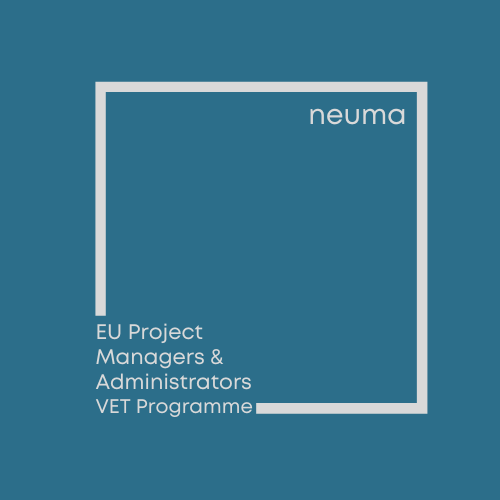Outcomes
The two main planned outcomes of the project will be:
- the development of a report which maps the required skills and needs of project managers and administrators who are employed or volunteer in charitable organisations (skills report); and
- the design and development of the VET course, which will integrate the results of the skills report. The structure of the course will be flexible enough in order to allow the course to be tailor made based on the needs and gaps that a charitable organisation has. The course will be delivered not only by using traditional teaching methods and tools but it will also integrate the use of digital tools. At the end of the project the course will be registered on the EPALE platform.
Activity Details
This activity essentially entails the undertaking of desk research and analysis of the educational and training needs of project managers and administrators of charitable organisations in Cyprus and Greece.
The objective of this research is to identify and evaluate the educational and training needs of the target group in the participating countries as regards the development of the VET course and the educational methodology.
The desk research will allow the partners to identify and collect not only core skills that are essential for a project manager and administrator of a charitable organisation but also gaps that these people have, for example, the lack of use of digital tools.
Report – Activity 4: Mapping of Skills for EU Project Managers and Administrators of Charitable Organisations (15 November 2022)
The aim of this activity is to create a flexible and tailor-made VET Programme for newcomer EU project managers and administrators for charitable organisations with low operational capacity by designing and creating a training course and also defining and implementing the most effective learning methodologies.
The project team will develop the pedagogical concept ensuring that it addresses the particularities associated with the learning process of project managers and administrators of charitable organisations with the low operational capacity and other needs, and will make sure it can be applied in practice successfully. In particular, the project team foresees the following actions:
– A series of classroom-style and e-learning modules (technology-oriented teaching)
– Face-to-face training and mentoring
The methodology and all training material for trainees will be publicly available online on the project’s website, but the training during the project’s lifecycle will only be available to EU project managers and administrators for charitable organisations with low operational capacity. In addition, the partners will develop videos and other online material that will be publicly available on the project’s website. These videos and online material will provide some basic information and guidance in relation to the whole cycle of a project’s life and the exploitation of a project’s results.
The partners will organise two Pilot activities, one in Cyprus and one in Greece. These pilot activities will essentially put to the test the VET Programme. One of the pilots will take place physically, while the other one will be online. The reason for this is to put the VET Programme to test in different scenarios.
After the end of the pilot activities, the partners will collect feedback from the trainees and will make any relevant changes to the VET Programme so as to render it as efficient as possible. Both pilot actions will be free of charge.
The partners will train EU project managers and administrators of charitable organisations with low operational capacity following the finalised form of the VET Programme.
The activity will take place for about a week, and it will be in a hybrid format in order to provide access to people who will not be able to take part in the training physically.
The training will be free of charge.
